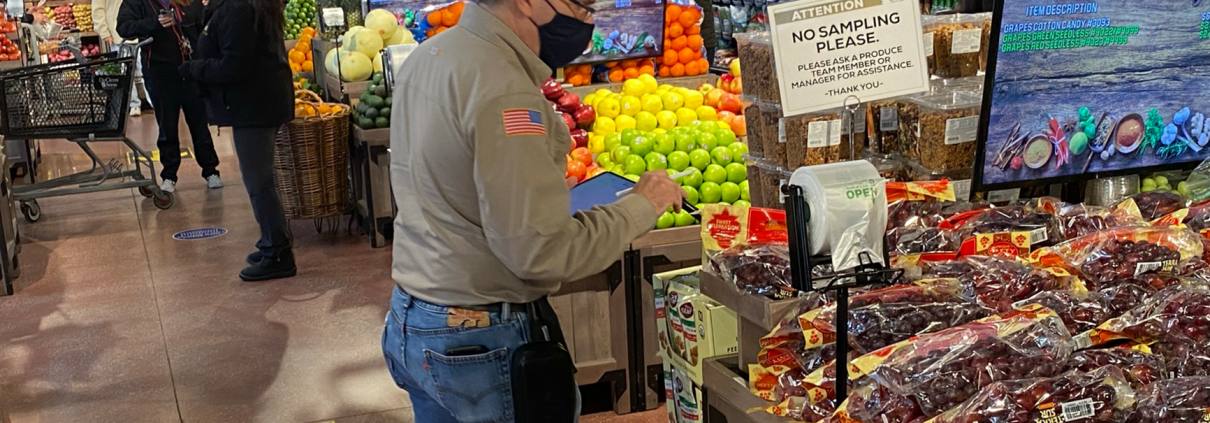FDA recalls Tomatoes in 14 States due to concern of Salmonella Contamination
You should always follow proper food handling practices at home to protect you, your family, and your guests from food borne illness. Contamination of commercial food products should aways be a concern, and if you adhere to the following tips, you can reduce the risk of food borne illness in your home.
Wash your hands frequently. “Having clean hands is the number one most important thing when it comes to food safety,” RR Environmental Health Consultant Peter DeLucia says. “Thoroughly wash with hot, soapy water, before, during, and after food handling. If your hands touch contaminated tomatoes, they can contaminate the next surface, or food you touch”.
Always wash your fruits and veggies. Foods you are not going to cook can make you sick if not properly washed, including leafy greens, fruits- like tomatoes, and veggies (especially those with rinds, like cantaloupe), “Rinsing produce under cool, running water, using a colander or salad spinner, will help wash away the culprits that can make you sick”
Keep your counters, cutting boards, and utensils sanitized. It’s important to start with clean surfaces and utensils and to clean them after each use. Don’t wipe counters with an old sponge or cloth, this just spreads germs around. Make sure to clean with warm soapy water and use commercially available sanitizing wipes that are approved for use on kitchen counters. When cleaning surfaces like cutting boards, use sanitizing wipes that are approved for use on food contact surfaces. “It is also important to frequently clean and sanitize your sink basin to avoid cross contamination” – Mario Polvere, one of the founders of RR Environmental Health says, “The kitchen sink is often overlooked but can be a potential cause for cross contamination and food borne illness in your home”.
Always use a proper thermometer. Salmonella can be destroyed by cooking food to 165 degrees F. Make sure your home kitchen is equipped with accurate thermometers that can read from 0 to 220 degrees F. To get an accurate reading, insert the thermometer at least an inch into the thickest part of the food and let it stay there for 10 or 15 seconds until the temperature is steady.
Return food that has been recalled. If you have tomatoes or any product that has been recalled, you may be able to return them for a refund. If you decide to return the product, ensure that you clean and sanitize any surfaces that the product has touched, even if the product was in a sealed package. “People often do not realize this includes sanitizing your refrigerator, and the reusable bag that you transported the product in”, RR Environmental Health Consultant Peter DeLucia says. “Reusable bags can be a source of cross contamination and should be washed and dried with high heat between uses”.
When in doubt, throw it out. “Better safe than sorry”, says Mario Polvere, one of the founders of RR Environmental Health. “If you are unsure if the Tomatoes you purchased are part of the recall and have concerns that they might be, why take a chance, just throw them out”.
Want to learn more? Take a look at the reference links below.
- To learn more Take a look at this article from TODAY.com
- FDA – Ray & Mascari Inc. Recalls 4 Count Vine Ripe Tomatoes Because of Possible Health Risk
- FDA – Williams Farms Repack LLC Recalls Tomatoes Due to Possible Salmonella Contamination


